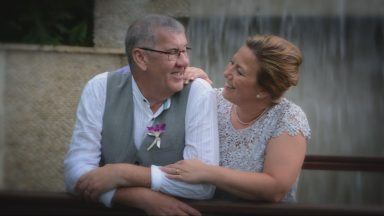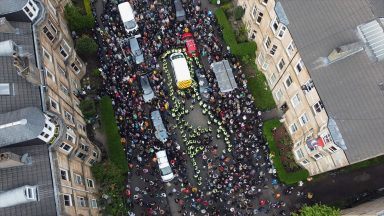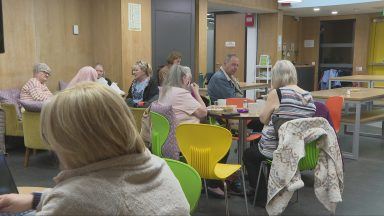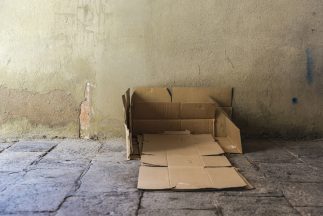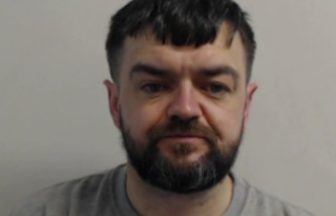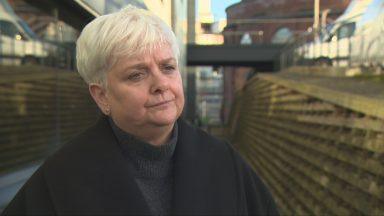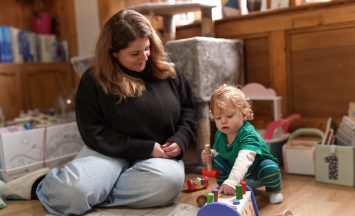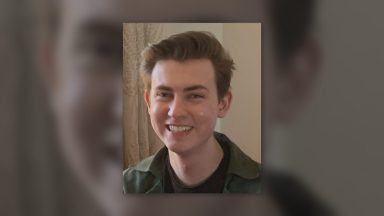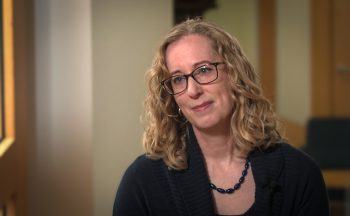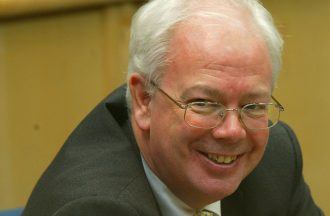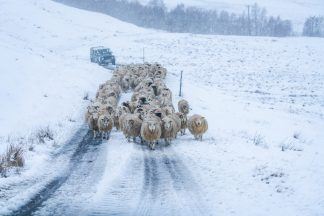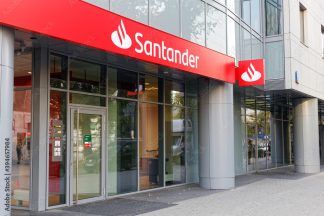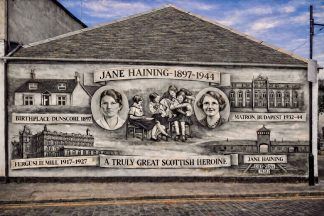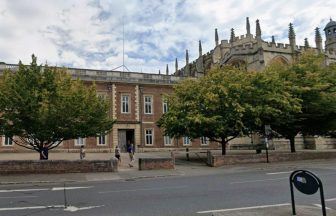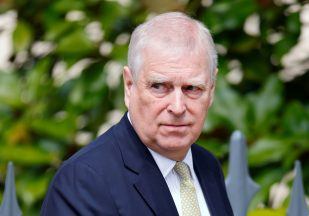Student rents have soared by 34% between 2018 and 2021, but the NUS said that despite the hike accommodation remains unfit for purpose.
NUS Scotland said students had been forced to live in unsafe and unfinished buildings, could not find housing for months, and had been forced to live in hostels or sleep on friends’ sofas.
Ellie Gomersal, the union’s president, said the Scottish Government could not “afford to continue on its path of inaction”.
“It must quickly reinstate the rent freeze and make it so that students have the same rights as other members of society to leave unsuitable tenancies and to be protected from unfair evictions,” she said.
In the union’s housing strategy report published on Friday, it called for a series of changes to the student housing system and called for the reinstatement of the rent freeze while a “more sustainable system of fair renting is found”.
But the Scottish Government said it found rent caps had “no practical impact” because rents were typically set to last the academic year and rarely allowed for in-tenancy increases.
The NUS report also called for a regulator of purpose-built student accommodation – or PBSAs – which would give student tenants more rights to leave tenancies when needed and to be protected from unfair evictions.
This type of accommodation was one of the most common types of housing for students in the country, with about one quarter of UK full time students living them during term time.
It means of 307,000 university students in Scotland, 77,000 live in student halls of which private companies have become the main provider.
The Fighting for students: Towards a student housing strategy for Scotland report also found instances of mould and disrepair in properties, as well as plumbing that did not work, safeguarding dangers with workers walking into students’ rooms without notice, some left without fresh water for up to 96 hours and sleepless nights because of faulty fire alarms.
Ms Gomersall said the NUS report showed the “appalling state of the purpose built student accommodation sector”.
“Whilst 12% of students have experienced homelessness since starting their studies, unchecked rent increases have allowed landlords to make untold profits,” she said.
“In the same period that rents have increased by 34%, student support has only increased by 4.5%.”
A Scottish Government spokesman said: “Our engagement with the sector showed that the rent cap in students’ halls and PBSA had no practical impact because rents are set annually, typically lasting the entire academic year, and rarely allow for in-tenancy increases.
“As a result we have concluded that the rent cap should be suspended for now as this will allow ministers to revive the provisions if fresh evidence shows that there would be a benefit from doing so.
“The protections from eviction introduced in October remain in place and all students living in the mainstream private rented sector will continue to be protected by the rent cap for in-tenancy rent rises.
“For the year ahead, we would encourage providers to have rent affordability as a high priority given the pressures of the continuing cost crisis. And our ongoing review of PBSA is looking at a range of issues in student accommodation including affordability of rents and tenants’ rights.”
The NUS report also found since Covid-19 students have been finding it harder to find housing because of higher intakes of students at universities, a shrinking shared house market, and being priced out of cities.
Follow STV News on WhatsApp
Scan the QR code on your mobile device for all the latest news from around the country





